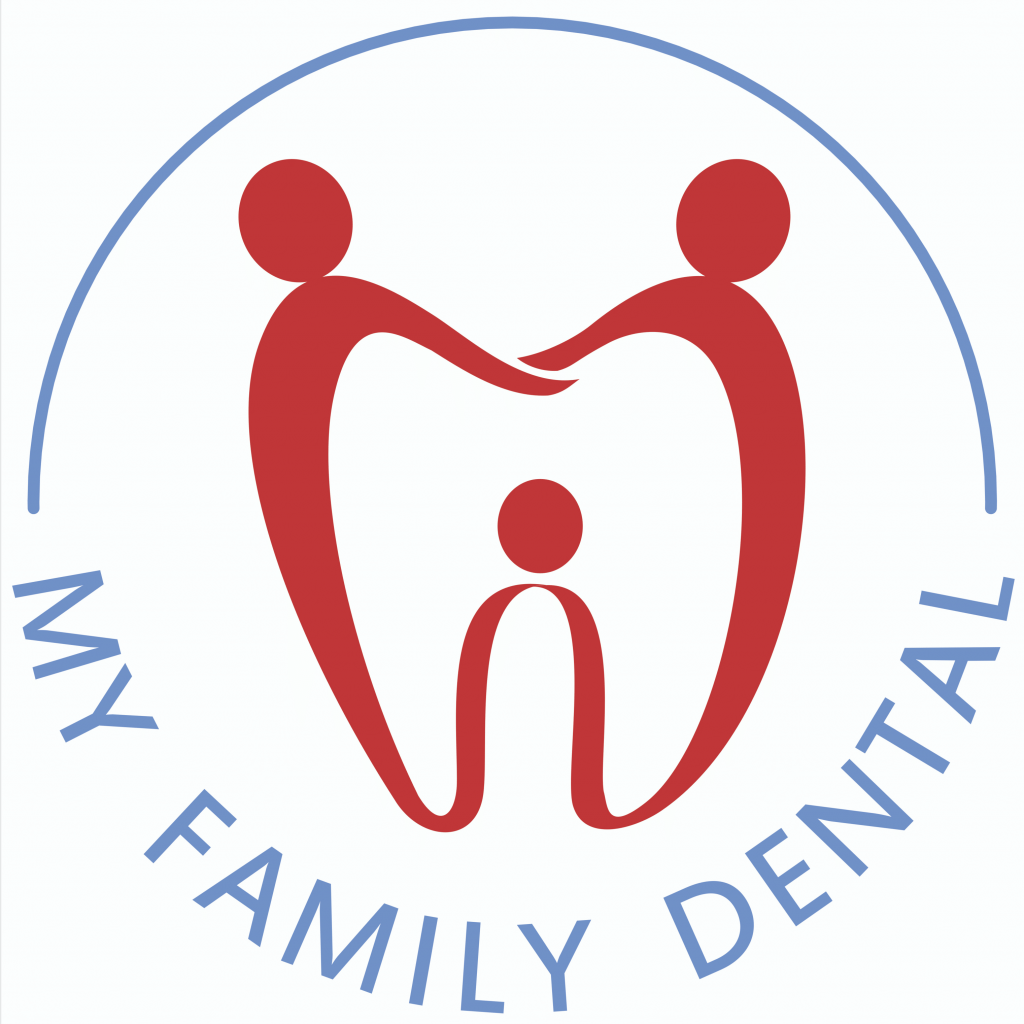Do you ever feel a wave of panic when you receive a reminder for your next dental appointment? You are not alone.
Millions of people worldwide experience fear when it comes to dental visits. The good news is that these fears can be overcome.
This article will provide a comprehensive guide on moving from fear to confidence regarding dental visits. By understanding the sources of fear, communicating with the dentist, and taking control of the experience, individuals can feel more secure and empowered when visiting the dentist.
Understanding the Fear
Investigating the psychological causes of fear of the dentist can help individuals understand their anxieties and take steps towards overcoming them.
Dental anxiety is a common problem for many people, often caused by negative experiences or fear of pain. To address these issues, relaxation techniques such as deep breathing and oral sedation can be used before or during dental treatments. Sedation dentistry is also an option that can be used to reduce fear and anxiety.
It is important to recognize the fear and anxiety associated with dental treatments, as some patients may be too embarrassed to discuss them with their dentist. It is important to communicate these feelings openly to receive the appropriate care and support. Additionally, it is important to discuss any possible sedation options with the dentist, as this may allow for a more comfortable and relaxed experience.
The most important factor in overcoming the fear of the dentist is recognizing the fear and developing positive coping strategies. It is important to understand that the dentist is there to help and provide quality care. Developing a positive relationship with the dentist can help reduce the fear and anxiety associated with dental treatments. Understanding the fear and anxiety associated with dental visits can help individuals take control of their anxieties and work towards a more confident and comfortable dental experience.
Individuals must seek professional help if their fear or anxiety is too great to handle independently. Many resources, such as counselling, support groups, and online resources, can help individuals overcome their fear of the dentist. Taking the necessary steps to address the fear can provide the confidence to manage dental treatments and achieve better oral health.
Identifying the Source of Your Fear
Uncovering the underlying cause of dental anxiety is an important step towards managing it. It is important to identify the source of fear to address it effectively. Dental phobia is a common and often debilitating fear of the dentist and can be caused by various factors. Identifying the source of this fear can help individuals better manage their anxiety.
The most common cause of dental anxiety is a bad experience with the dentist. It could be that the individual had a traumatic experience or felt a lack of control during the appointment. It can also be caused by a fear of loss, such as the loss of a tooth or the fear of needles. Another cause of dental anxiety is an anxiety disorder or other psychological conditions.
To better understand the source of fear, individuals should take time to identify the underlying cause of their anxiety. A few techniques include:
- Keeping a journal to track thoughts and feelings.
- Practising relaxation techniques such as deep breathing, progressive muscle relaxation, and using a stress ball.
- Seeking professional help to understand the source of the fear better and learn how to manage it.
It is important to recognize that dental anxiety is a real fear and should not be taken lightly. It is essential to understand the source of the fear to address it effectively. Taking the time to understand and identify the source of the fear can help individuals better manage their anxiety and gain greater confidence in the dentist’s chair.
Building a Relationship with Your Dentist
Establishing a strong relationship with a dentist is important in managing dental anxiety. Fearful patients should try to find a dental professional to provide a positive experience. This means taking the time to visit a dental office and ensuring that the environment is one where a patient can feel safe and relaxed.
Regular checkups are also important to create a sense of familiarity and trust between a patient and a dentist.
When a patient visits a dentist, it is important to be open and honest about one’s fears and anxiety levels. A dental professional can offer advice and suggestions on how to make the dental visit less stressful. They can also provide reassurance and support to help patients feel more comfortable in the dental office.
Many dentists also offer relaxation techniques, such as deep breathing exercises, which can help to reduce anxiety levels. They may also have a variety of calming strategies to help a patient feel more relaxed throughout the appointment. Additionally, dentists can use distraction techniques to help patients focus on something other than their fears.
In addition to establishing a strong relationship with a dentist, it is also important for fearful patients to take good care of their teeth. This includes brushing and flossing regularly and eating a balanced diet. Doing so can help prevent any dental problems, which would further reduce anxiety levels.
By having a positive relationship with a dentist, fearful patients can take the necessary steps to reduce their fear of dentists. This can ultimately lead to a more enjoyable and stress-free dental experience, allowing patients to receive the necessary dental care.
Communicating Your Fears
Communicating one’s apprehensions to a dental professional is important in managing dental anxiety. For anxious patients, a fear of dentists can cause much fear and anxiety in the dentist’s office. It is important to recognize that some fears are reasonable and should be taken seriously, while others may be unfounded or unreasonable.
Open and honest communication with the dental professional is essential in helping to reduce fear and anxiety.
Various techniques can be used to help patients relax during a dental appointment. Exposure therapy, progressive muscle relaxation, and deep breathing are commonly used strategies to help reduce fear and anxiety. It is also important for the patient to remember that teeth cleaning is a routine procedure and that the dentist is experienced in helping patients have a pleasant experience.
It is also important for the patient to remember to be patient with themselves. Fear and anxiety can be intense, but talking to the dental professional about any concerns before or during the appointment is important. This can help reduce fear and anxiety and ensure that the patient is comfortable with the procedure.
For those suffering from fear of dentists, it is important to recognise that techniques and support methods are available to help manage that fear. Open and honest communication is essential in helping patients manage their dental anxiety and create a positive experience at the dentist’s office. Learning relaxation techniques like progressive muscle relaxation and deep breathing can also help patients reduce fear and anxiety.
With the right support, it is possible to move from fear to confidence when visiting the dentist.
Dealing with the Anxiety
Managing dental anxiety requires various techniques to help reduce fear and anxiety. The first step is recognising your fear of the dentist and understanding the underlying causes. Fear of dentists can range from mild to severe, resulting from past painful or unpleasant experiences. Fear may also be due to a lack of knowledge about treatments and treatment options for tooth decay or other dental problems.
Once the source of fear is identified, it’s important to communicate this with the dentist or other healthcare professionals involved in your treatment. This will allow them to best tailor their approach to your needs and help reduce your fear.
It is also beneficial to take a few deep breaths during the dental procedure, as this can help the body relax and reduce the feeling of fear.
Another way to reduce fear and anxiety is to ask for breaks during long or complicated dental procedures. This allows the patient to take a break and relax before continuing with the procedure. Additionally, some patients may need intravenous sedation to help them remain calm and relaxed during treatment.
Finally, it is important to focus on the positive aspects of the dental procedure. When possible, consider the dental visit an opportunity to take care of your teeth and have enjoyable experiences. With the right approach and attitude, reducing fear and anxiety and having a successful and positive experience at the dentist is possible.
Taking Control of Your Experience
Control of dental anxiety can be achieved by taking proactive steps to improve the experience. Working with the dental team to form an effective solution for the fear of dentists is a common fear. Recognising when the fear is a true phobia is important to ensure the patient receives the most effective solutions.
Providing an experience for patients that is comfortable and friendly is key in helping to reduce the form of fear that they may have. Sedation options are available that can help to reduce fear and anxiety. Additionally, breathing exercises can be practised before the appointment to help reduce feelings of anxiety. Working with the dental team to create a plan that works best for the individual can help to achieve a more positive experience.
The friendly team of dental professionals there to help can comfort and reassure the patient that their best interests are being taken care of. Asking questions and expressing concerns before the appointment can help ensure that the patient receives the best care possible. Keeping an open dialogue with the dental team is important in ensuring the patient gets the care they need.
By taking control of the experience, patients can work towards reducing their fear of the dentist. Through proactive steps such as working with the dental team, understanding sedation options, and practising breathing exercises, patients can gain control and move towards a more positive experience. Patients can overcome their fear of the dentist with the right care and support.
Maintaining a Healthy Smile
Proactively developing healthy dental habits can help to ensure a positive dental experience. Dental health is one of the most important aspects of overall health and well-being, significantly preventing serious illnesses.
Here are three key components of dental health that one should focus on:
- Oral Hygiene: Practicing good oral hygiene habits on a daily basis is an essential part of dental health. This includes brushing teeth twice daily, flossing, and using mouthwash.
- Dental Clinics: Regular dental checkups are important for preventing and detecting dental problems. Visiting a dental clinic at least twice a year can help to maintain optimal dental health.
- Routine Checkup: Dental checkups should form part of a routine checkup. This can help to reduce the chances of having an unpleasant experience at the dentist due to extreme anxiety or complex treatment. It can also help to reduce the risk of discoloured teeth, cavities, and tooth loss.
Being proactive about dental health can help to create a positive experience for an individual. This includes attending regular dental checkups, maintaining a healthy diet, and practising good oral hygiene. Doing these simple things can help to maintain a healthy smile and reduce the fear of going to the dentist.
Key Takeaways
Though fear of the dentist is a common experience, it does not have to be a barrier to achieving and maintaining a healthy smile.
Through understanding the fear, identifying the source, building a relationship with the dentist, communicating fears, dealing with anxiety, and taking control of the experience, one can conquer their fear and step into the future with newfound confidence.
Instead of cowering in fear from the dentist’s chair, one can stride into the office with trepidation and leave with a sense of triumph, knowing they have taken control of their dental health.
If you feel overwhelmed by your fear of the dentist, don’t be afraid to seek help. At My Family Dental, our experienced team of professionals is dedicated to providing you with the highest quality care and a comfortable, supportive environment. We are here to help you overcome your fear of the dentist and to help you achieve and maintain a healthy smile. So don’t hesitate any longer and contact us today to begin your journey to a happier, healthier smile.
My Family Dental has dental clinics in Emerald, Bowen, Innisfail, Townsville, Ingham, and Bohle Plains for your convenience.



